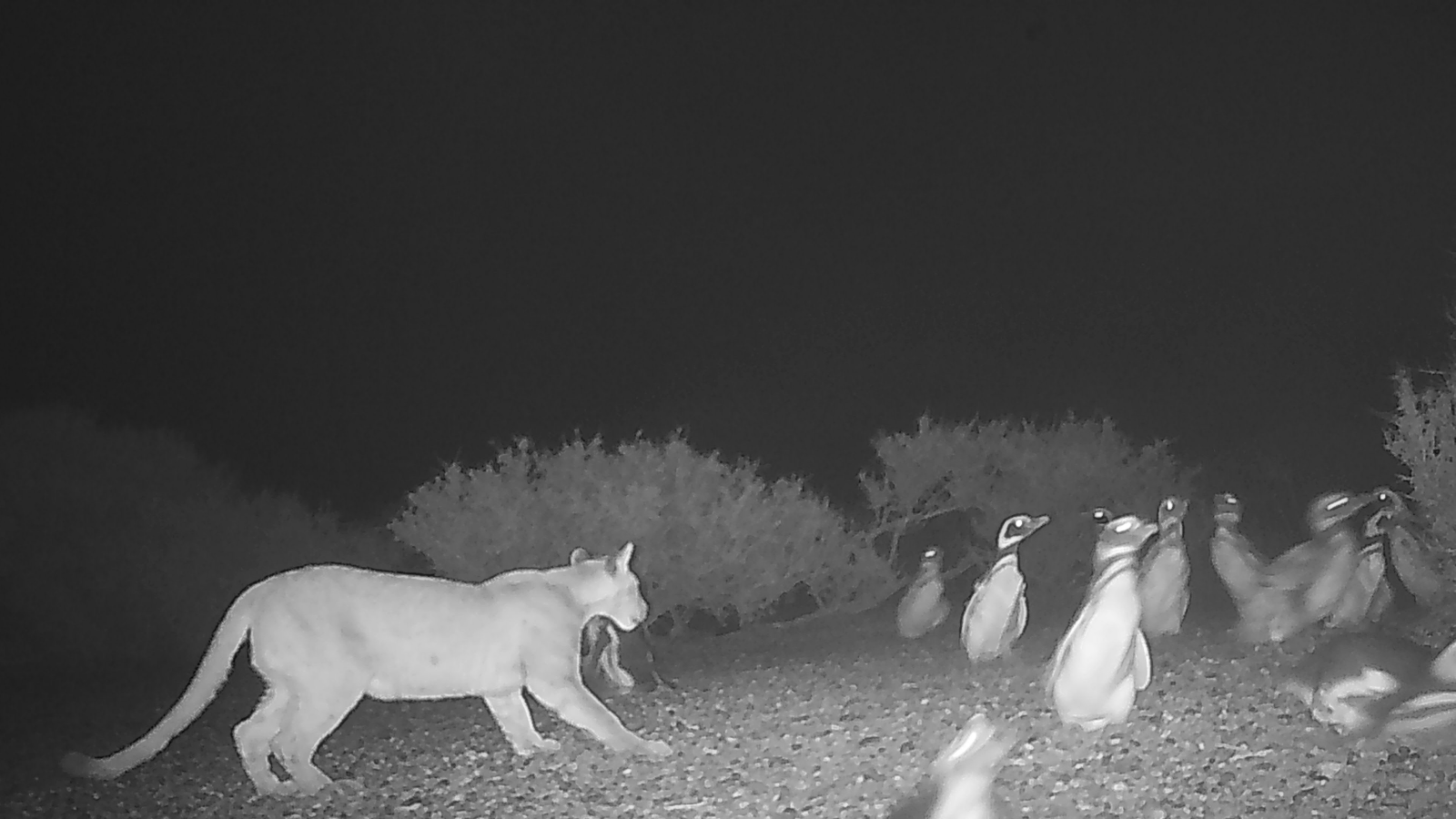6 Invasive Pests Threatened by Cold Weather
Gypsy moth
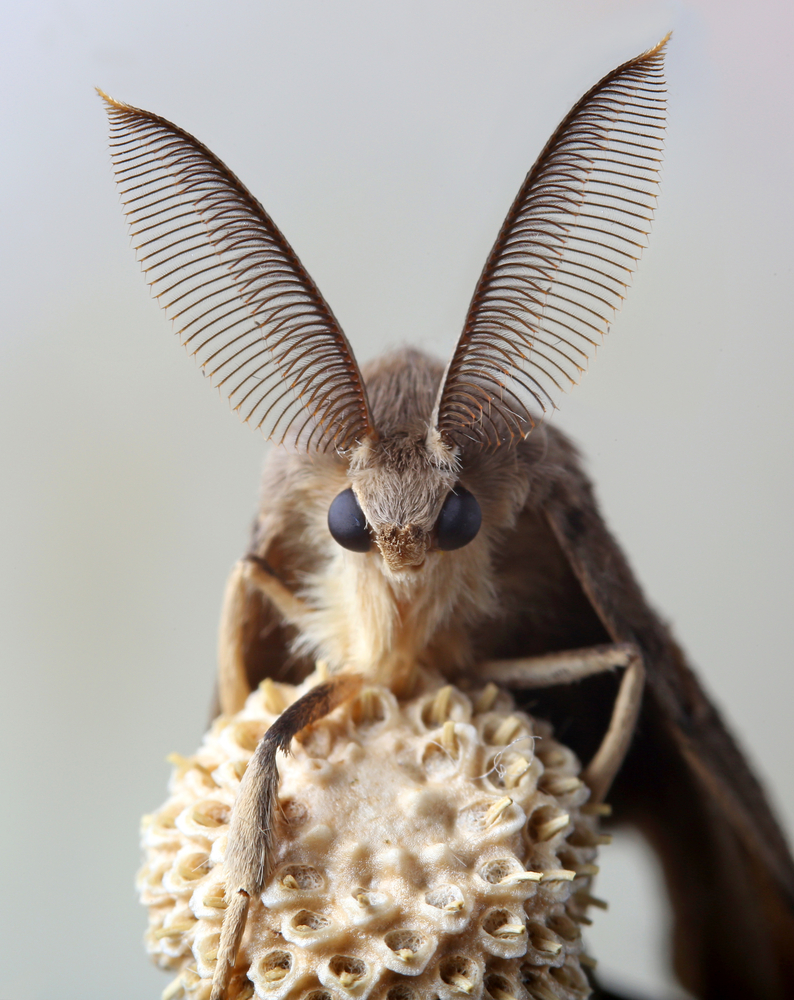
The sub-freezing temperatures breaking records across the country have one group of observers cheering: biologists, many of whom hope that a polar vortex or two will help slow the march of invasive species. The gypsy moth (Lymantria dispar) feeds on the leaves of North American hardwood trees and is responsible for destroying many hardwood forests. Low temperatures, however, are lethal to the moths' larvae.
Emerald ash borer
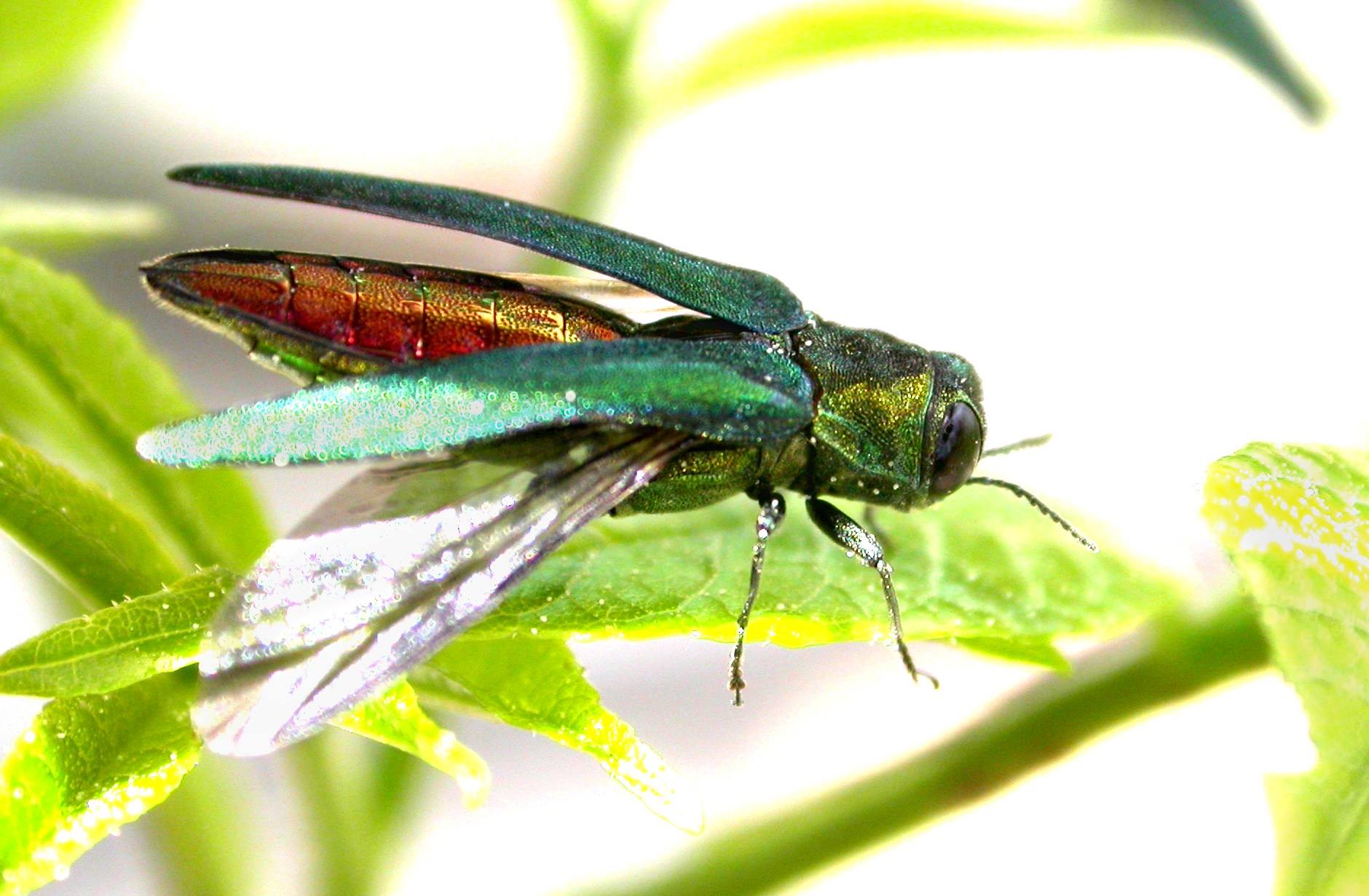
The emerald ash borer (Agrilus planipennis) has several defenses against cold weather, but even it will succumb to temperatures of minus-30 degrees Fahrenheit (-34 C).
Hemlock wooly adelgid
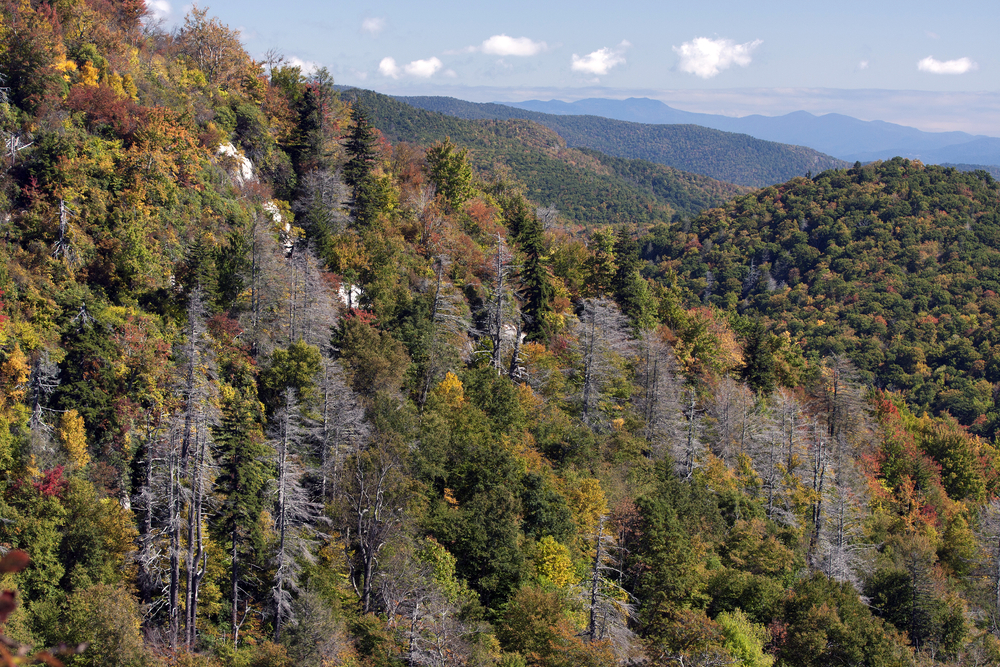
Evergreen forests in the eastern United States (Blue Ridge Parkway, shown) have been decimated by the hemlock wooly adelgid (Adelges tsugae), but the species has few defenses against temperatures below 4 degrees Fahrenheit (minus-20 C).
Brown marmorated stinkbug
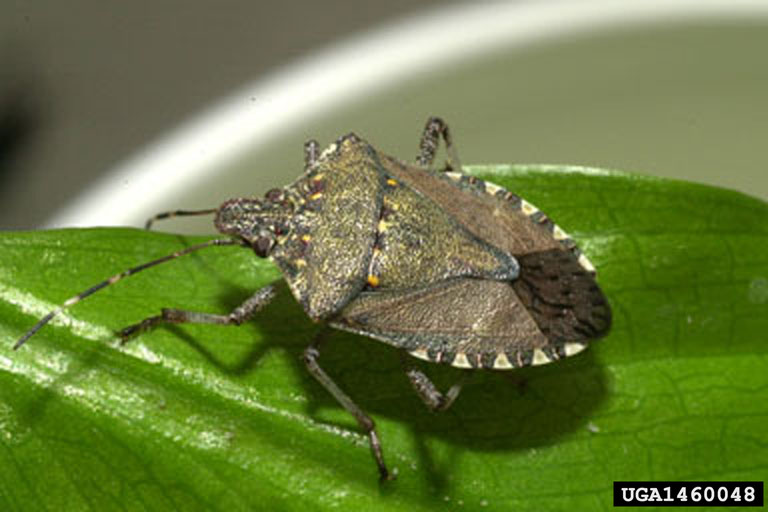
Populations of the brown marmorated stinkbug (Halyomorpha halys) are expected to fall, since the invasive pest has few natural deffenses against cold weather.
Ticks
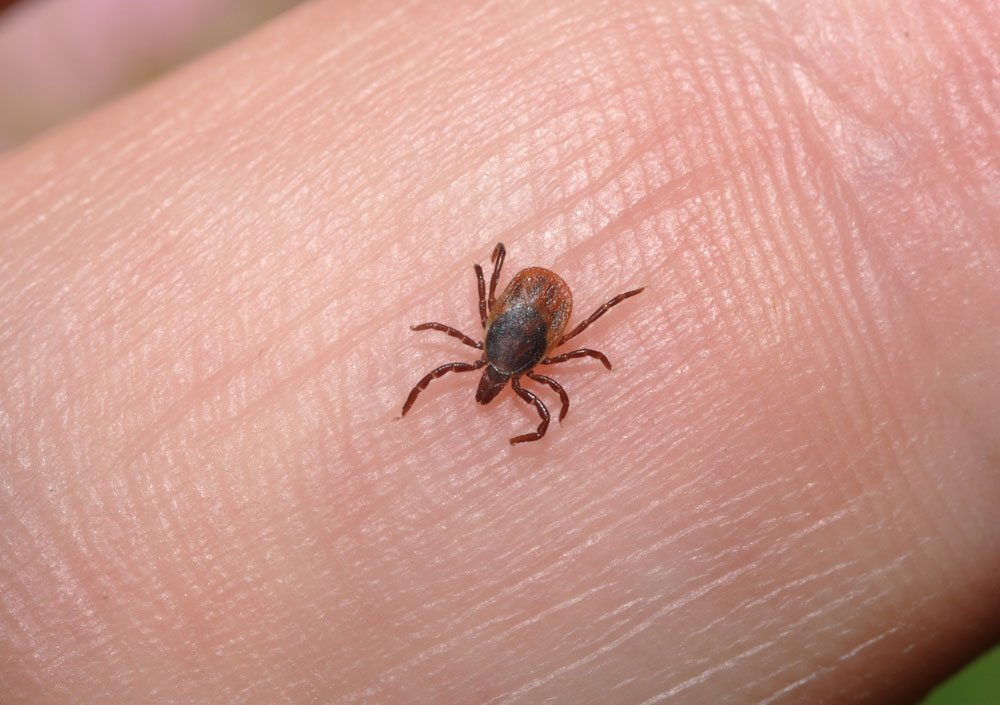
Biologists and health experts expect to see fewer cases of Lyme disease and other tick-borne illnesses this year, following a long, cold winter with several days of below-freezing weather.
Southern pine beetle
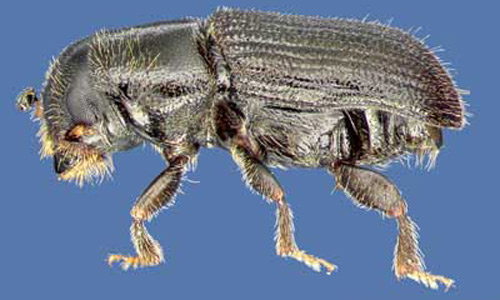
Recent mild winters have extended the range of the Southern Pine Beetle (Dendroctonus frontalis), but the record-breaking cold during the winter of 2013-2014 may stem its march.
Get the world’s most fascinating discoveries delivered straight to your inbox.



